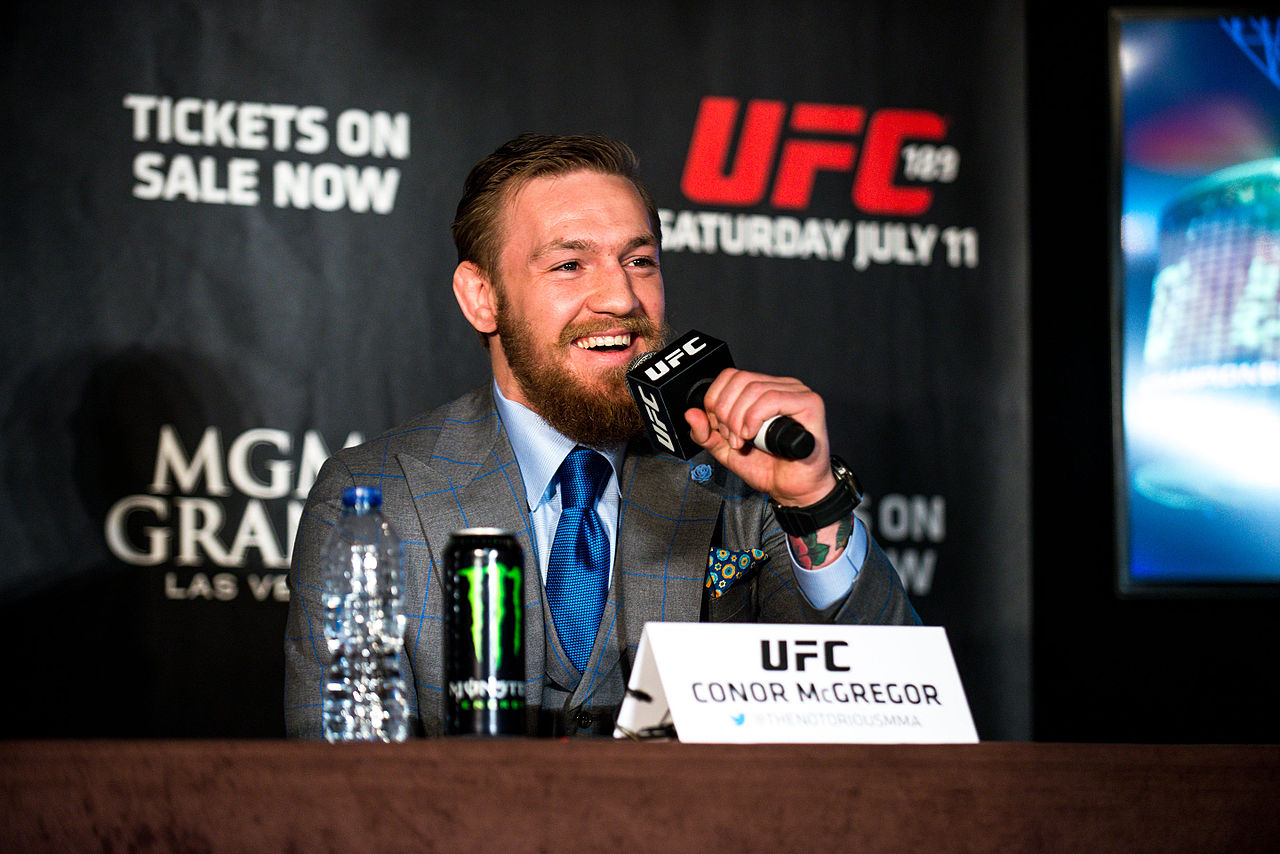Views expressed in opinion columns are the author’s own.
On Saturday night, it seemed like almost every Terp tuned into the Conor McGregor-Floyd Mayweather fight. I will be the first to admit: It is fun to collectively root for something. The sports industry lives because fans can invest an extended sense of self in a team or player. And this fight had all the qualities of a landmark match. It had a seasoned boxing veteran and an overeager UFC fighter going head-to-head, and even those of us who have never watched boxing wanted to know which fighter would come out on top.
But there was more to this fight than sport. There were aspects of this match we should remember, factors that raise questions about the moral legitimacy of the fight.
The undertones of aggressive, toxic masculinity throughout the presentation of the match were damaging in ways we may not realize at first. Frustrated at the referee for ending the fight, McGregor responded, “Let me go down. Let the man put me down.” It’s understandable to want to keep trying, but when “keep trying” means “fight until you can’t fight anymore,” it becomes a dangerous pride complex, the kind that gets people killed in fights outside the ring. While I can’t fault McGregor for going all-in during such a big fight, the statement is indicative of a sport that encourages a man not to best his opponent but to dominate him.
The sensationalism of the fight bolstered this trope of what it means to be masculine. In the post-fight press conference, McGregor stood at a podium, promoting his whiskey brand in front of two conventionally attractive models, both wearing Corona bikinis. It was a caricature of the images most associated with traditional masculinity. This juxtaposition of a speaking male with his hypersexualized female props turns the fight from a display of two great athletes into a show of cheap misogyny.
This is not to mention Floyd Mayweather’s disgusting history of domestic abuse. His most recent altercation involved him hitting his ex-girlfriend as their two children watched. He has had multiple incidents involving violence against women since 2002, pleading guilty twice to charges of domestic battery.
Mayweather’s history is relevant because he’s raking in more than $100 million for this fight and is being cheered on wholeheartedly by viewers, despite the fact that he has repeatedly threatened and endangered the women around him. I understand an organized fight isn’t comparable to actual violence against women. But putting an abuser in a position that celebrates his ability to physically defeat others makes my toes curl a bit. While the “role model” argument is overused against celebrities, it is true that champions like Mayweather are seen as pinnacles of success and aspiration.
I watched the fight. I am just as much a consumer of this sensationalism and idolization as the next person. But I am concerned about a cultural atmosphere that treats abusers better than those who, say, take a knee in protest during the national anthem. And I’m concerned about a match in which a person would rather be beat to the ground than stop throwing punches.
Erin Hill is a sophomore psychology major. She can be reached at erin.mckendry.hill@gmail.com.



